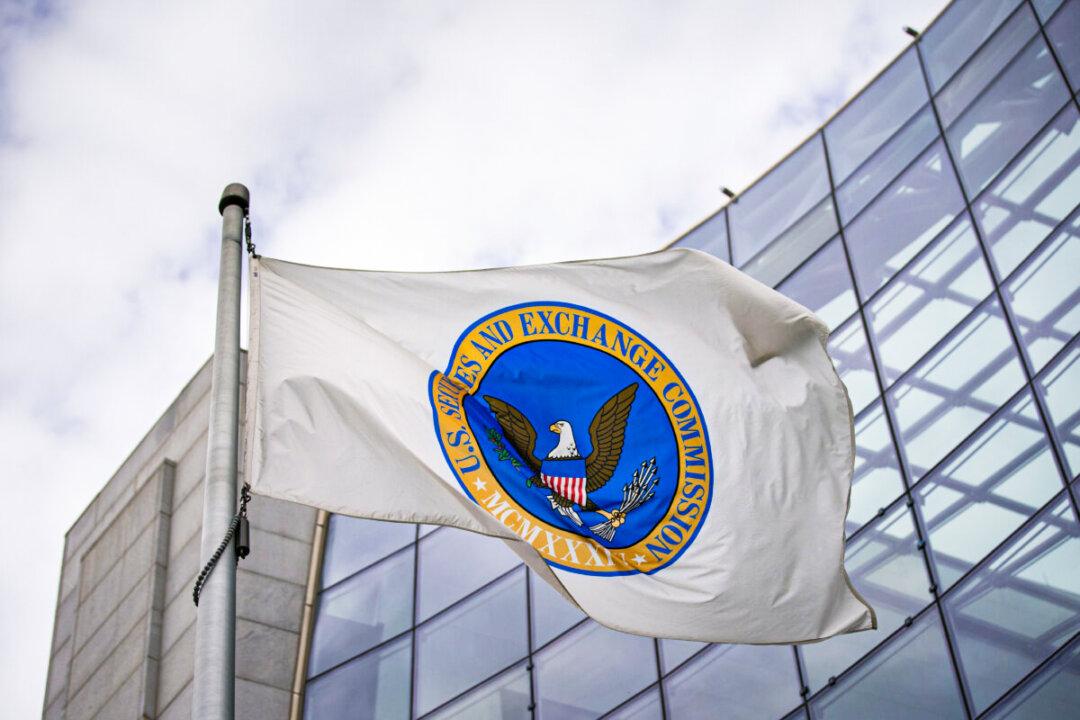The U.S. Securities and Exchange Commission (SEC) on May 4 added more than 80 companies to its list of entities that face possible expulsion from U.S. exchanges.
Among those listed are some of China’s most prominent tech companies, such as e-commerce company JD.com, agriculture-focused e-commerce platform Pinduoduo Inc., video-sharing platform Bilibili, and internet technology company NetEase Inc.




